Riding the Storm (1956-1959)
Author: Harold Macmillan
Published by: Macmillan
Edition: First Edition, 1971
Pages: 785
Riding the Storm (1956-1959) is the first volume of Harold Macmillan’s memoirs, offering an in-depth account of his tenure as British Prime Minister during a crucial and often turbulent period in post-war history. This book captures the immense political and social challenges Britain faced in the late 1950s, including the aftermath of the Suez Crisis, the country’s shifting international alliances, the Cold War, and the internal pressures of maintaining economic stability while managing the decline of the British Empire.
Macmillan, known for his sharp intellect and dry wit, provides a deeply personal yet historically significant narrative. He recounts how he took over as Prime Minister in 1957 after the disastrous Suez Crisis had severely damaged Britain’s global reputation and weakened the Conservative government. One of his major priorities was restoring Britain’s political credibility—both domestically and on the world stage. His efforts to mend relationships with the United States and bolster Britain’s role in the early years of the European Economic Community (EEC) are well documented in this volume.
The book also gives readers an inside view of high-stakes diplomacy, including Macmillan’s engagements with world leaders such as Dwight Eisenhower, Charles de Gaulle, and Nikita Khrushchev. His accounts of private meetings and negotiations reveal the behind-the-scenes maneuvering that shaped Britain’s foreign policy, particularly in relation to the Soviet Union and the broader Cold War tensions.
Domestically, Macmillan’s time as Prime Minister saw significant economic growth and social change, which he famously summed up with the phrase, “You’ve never had it so good.” This period of prosperity saw rising wages, improved living standards, and ambitious housing policies, all of which he discusses in great detail. However, the book also explores the deep political challenges he faced, including party divisions, industrial unrest, and debates over Britain’s nuclear policy.
Macmillan writes with a commanding yet engaging style, blending historical insight, personal reflections, and political philosophy. He does not shy away from self-criticism or from analyzing the mistakes of his government, making this a compelling read for both political historians and general readers interested in British history. His wit and literary references throughout the book also add a distinctive charm to the narrative.
Ultimately, Riding the Storm (1956-1959) is not just a memoir—it is a comprehensive historical document that captures the essence of an era when Britain was grappling with its place in a rapidly changing world. It provides an invaluable perspective on leadership, diplomacy, and governance during a period that shaped modern Britain.
-
The Aftermath of the Suez Crisis – How Britain navigated its damaged international standing.
-
Cold War Diplomacy – Relations with the US, Soviet Union, and Europe.
-
Economic Growth & Social Change – The policies that improved British living standards.
-
Political Challenges – Party divisions, nuclear debates, and industrial tensions.
-
Personal Reflections – Macmillan’s honest and sometimes humorous take on leadership and power.

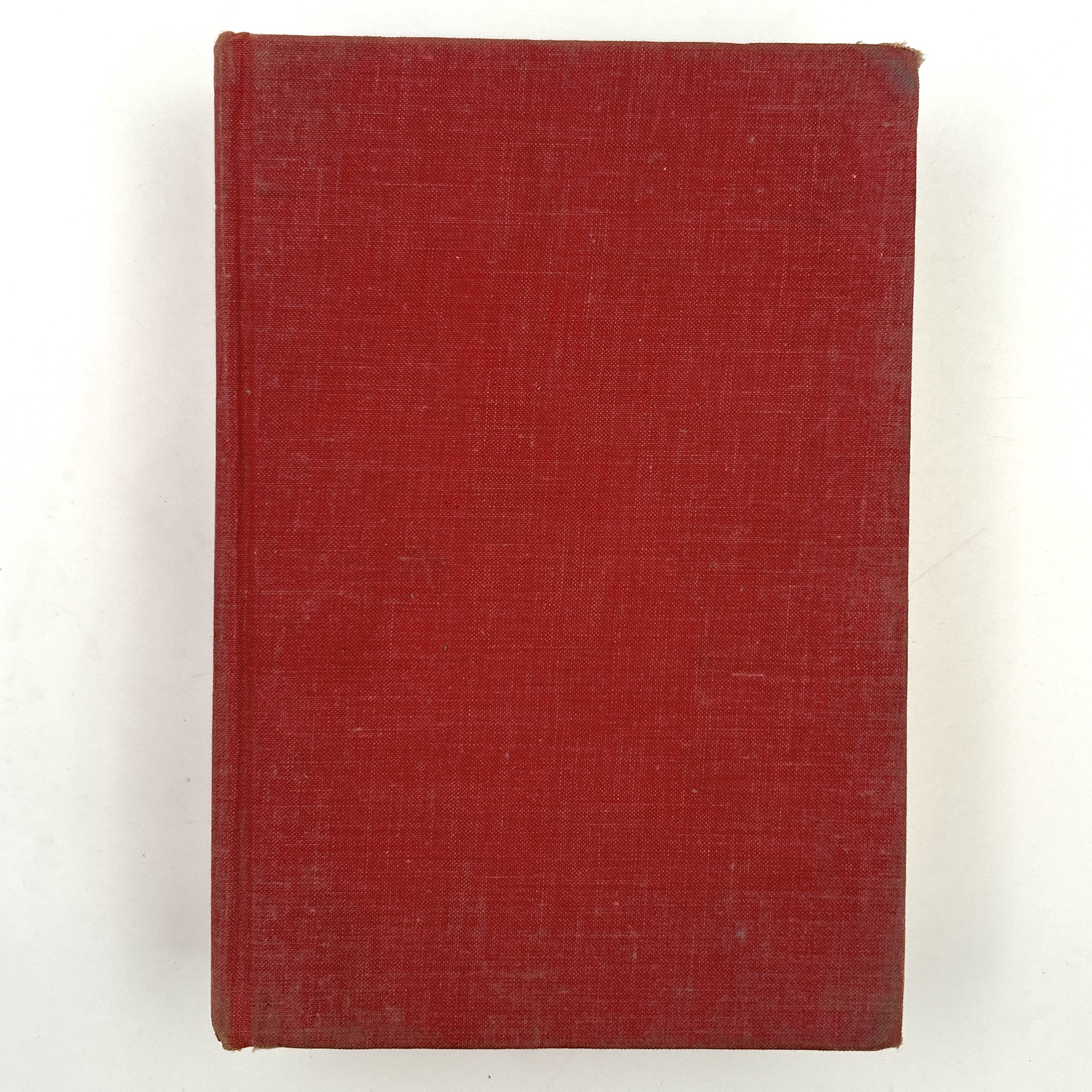
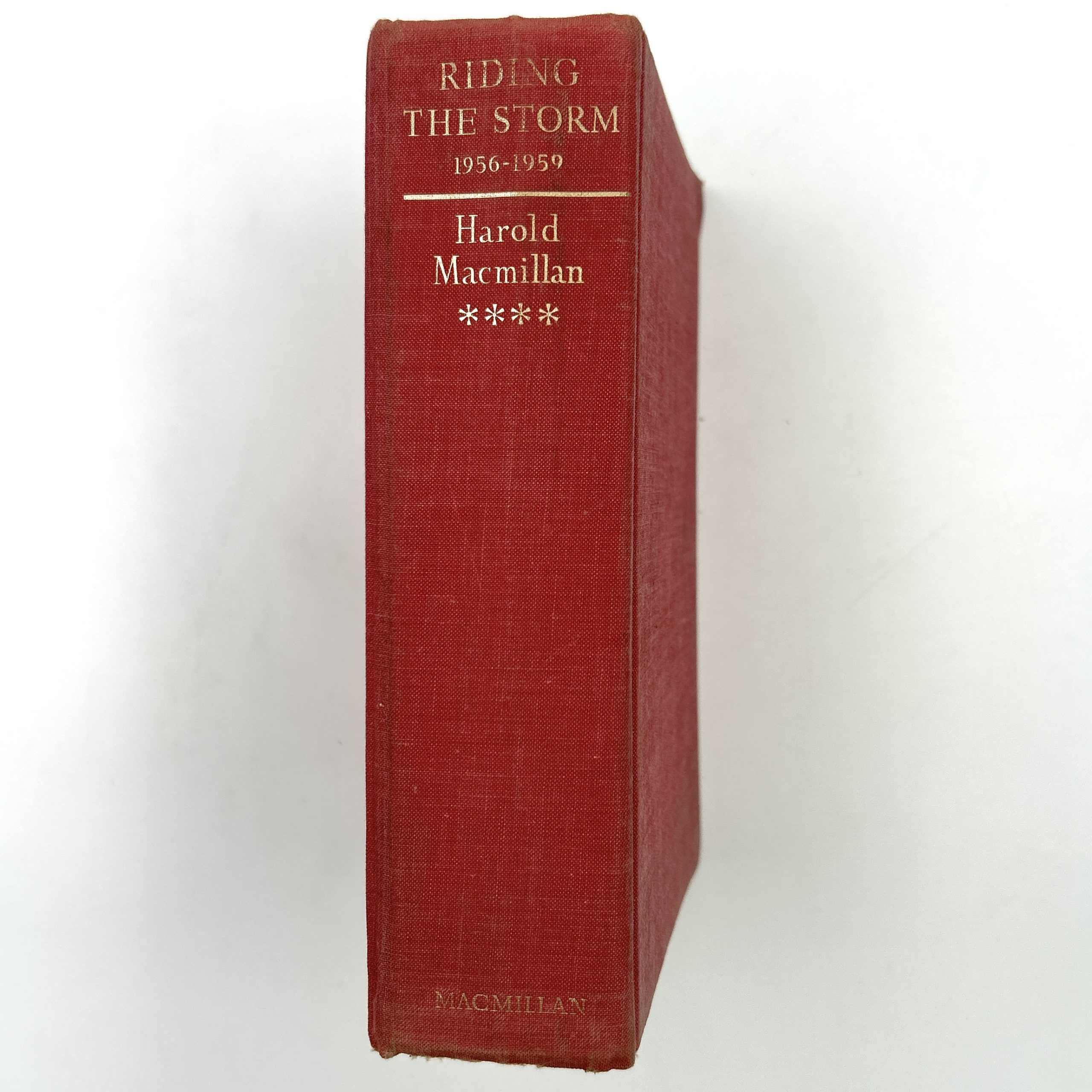
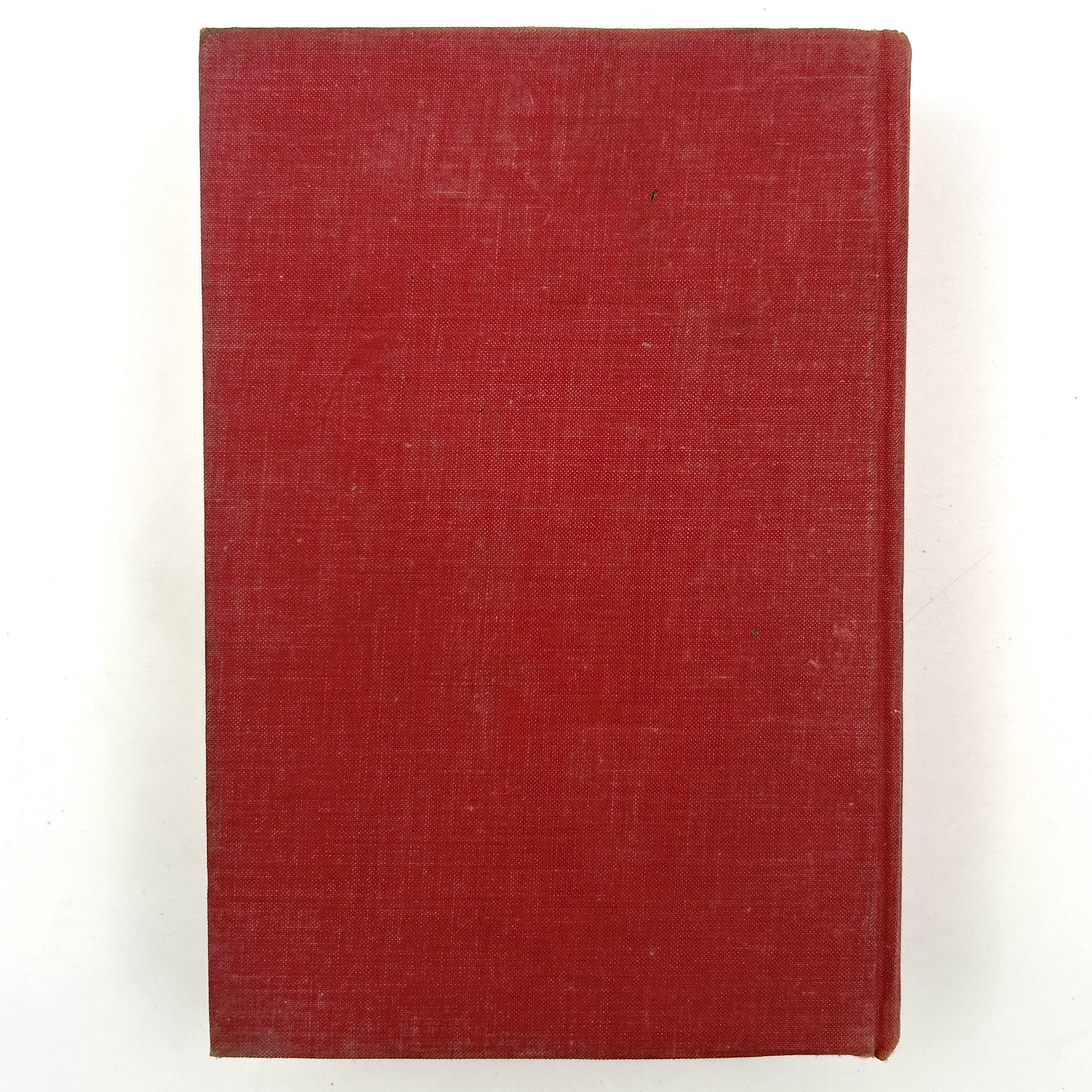
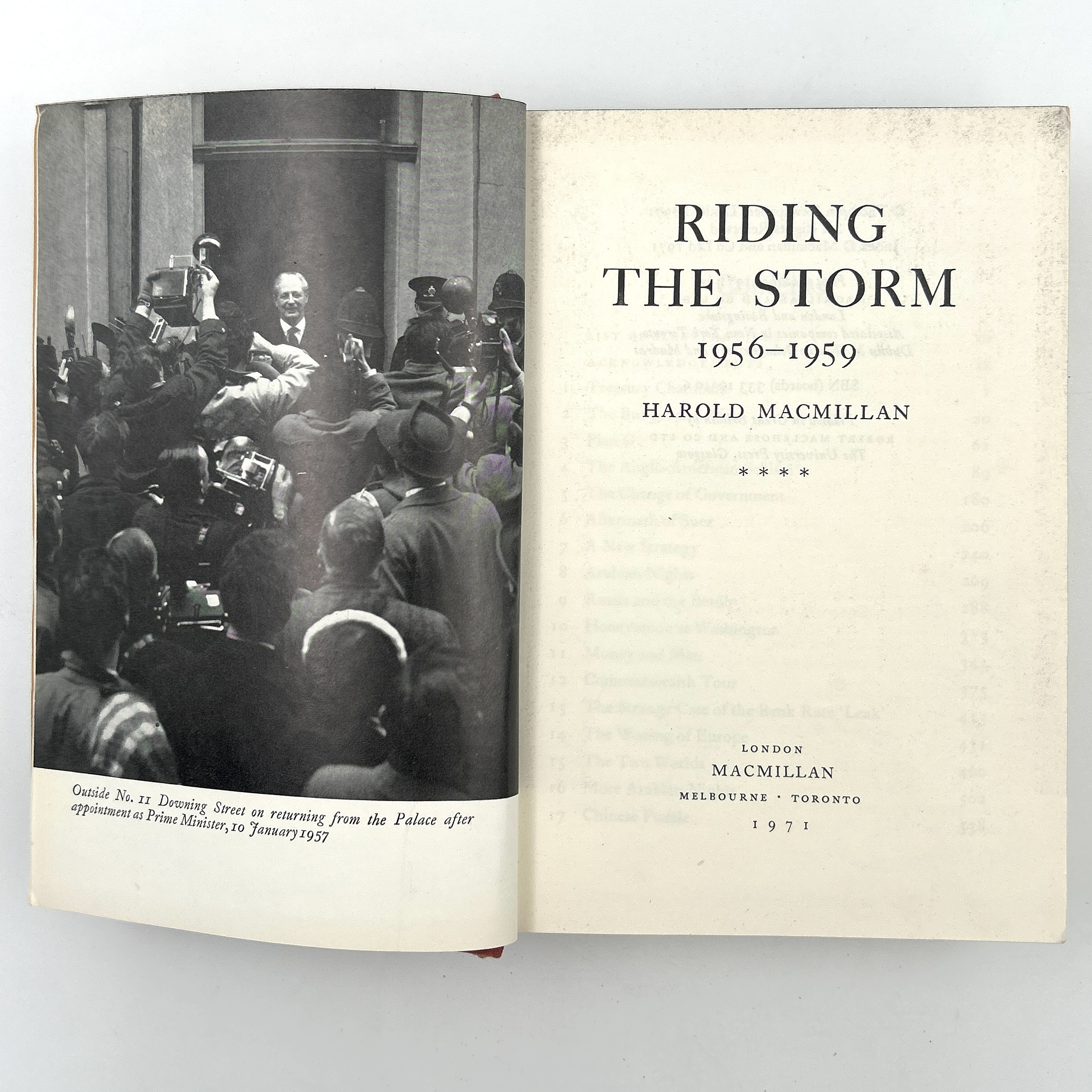
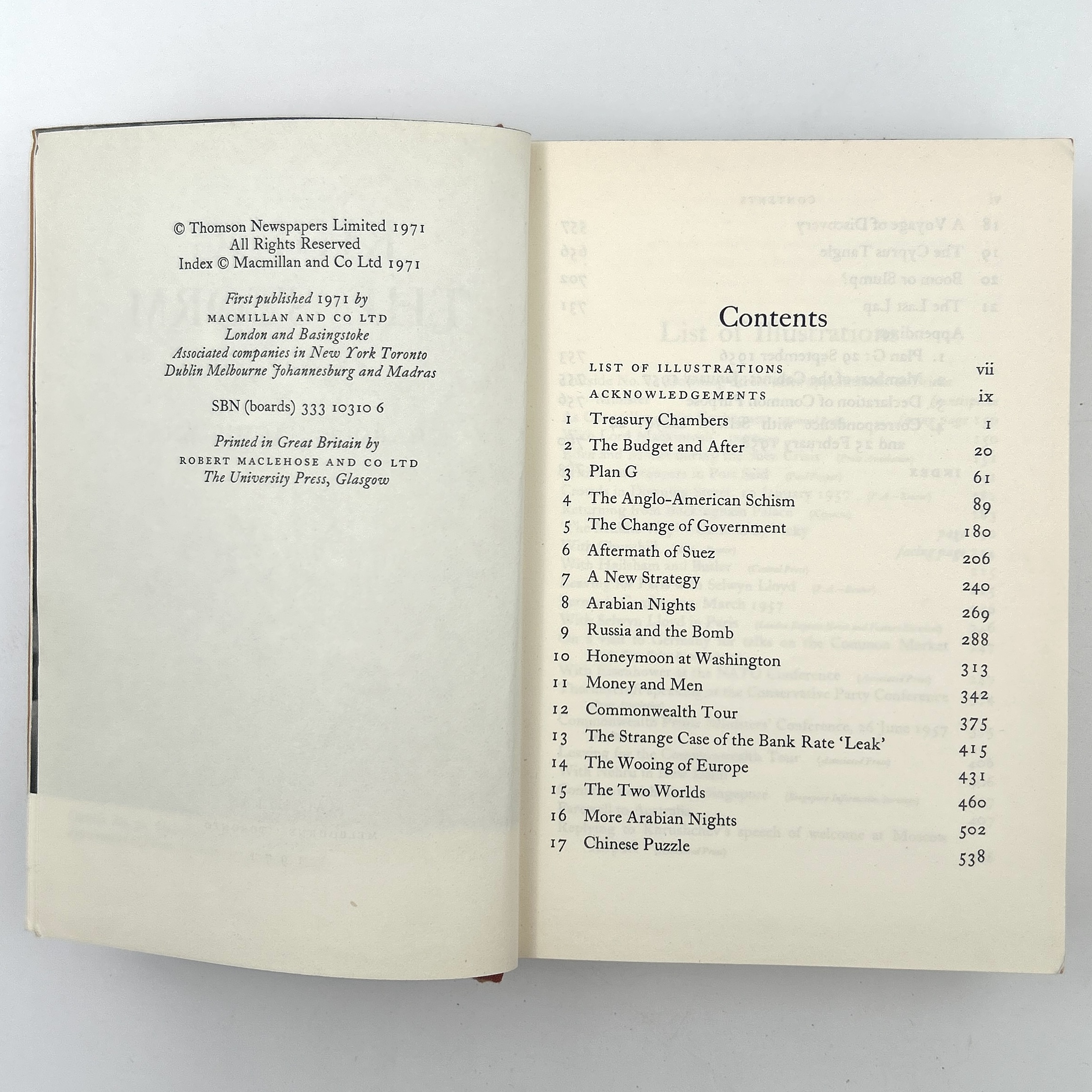
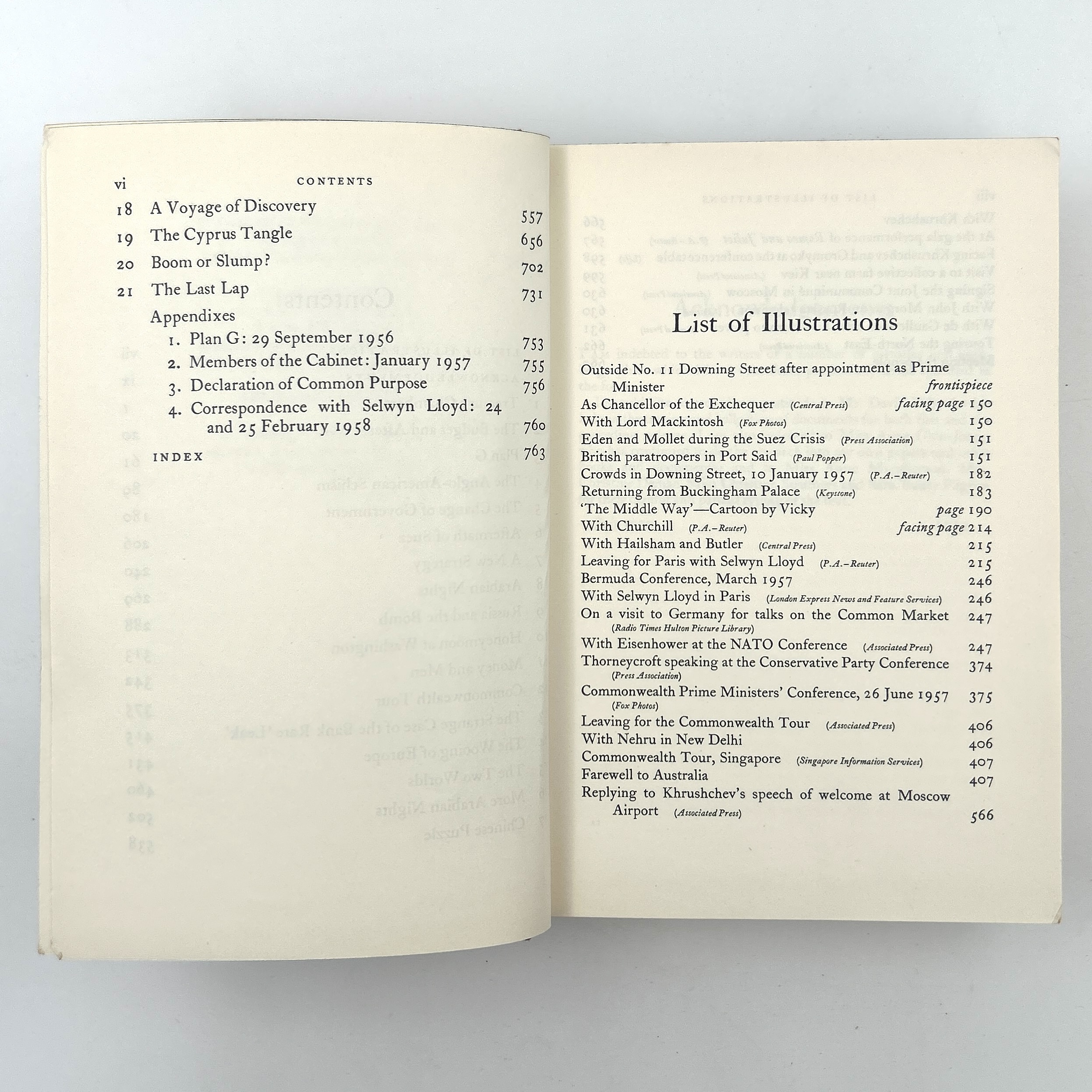
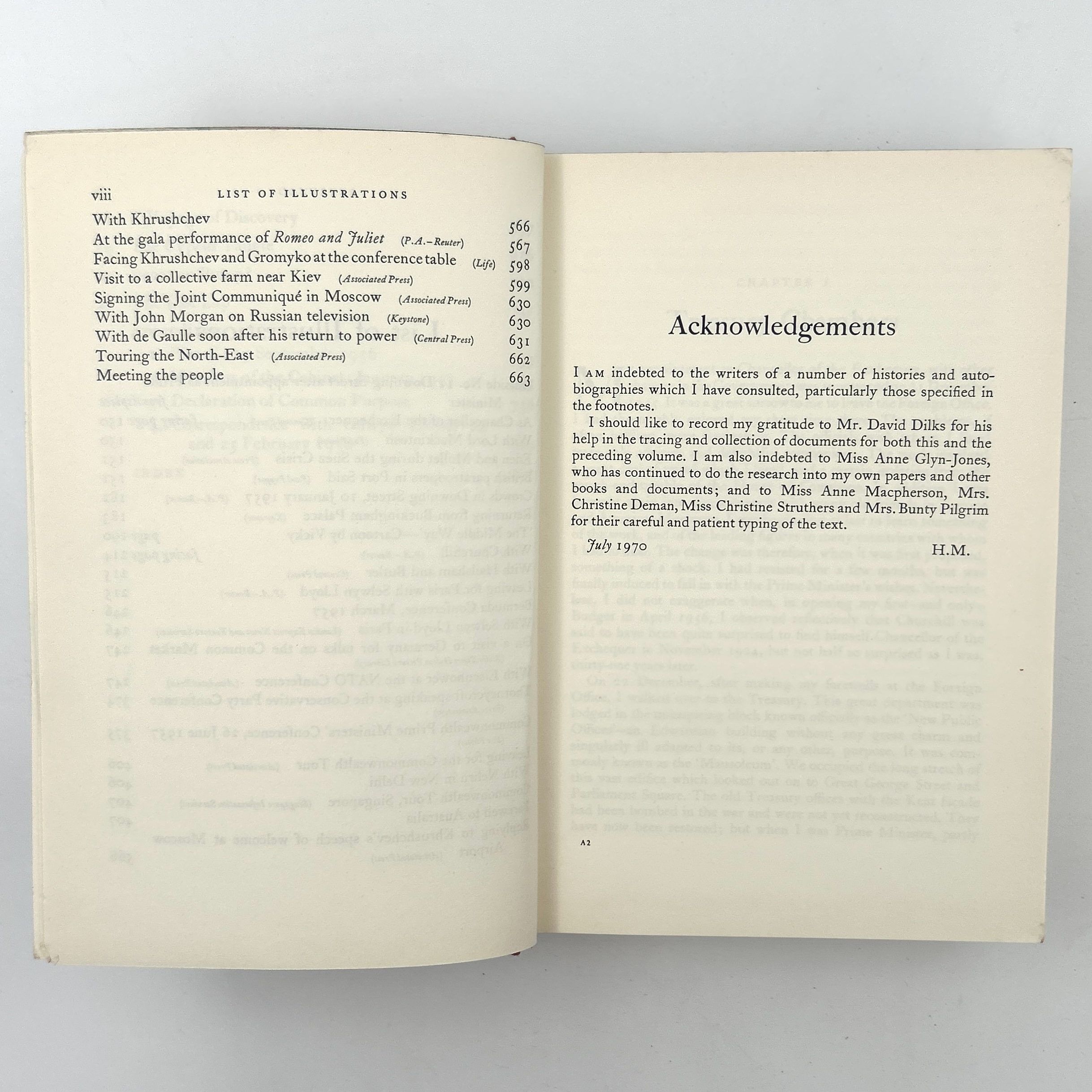

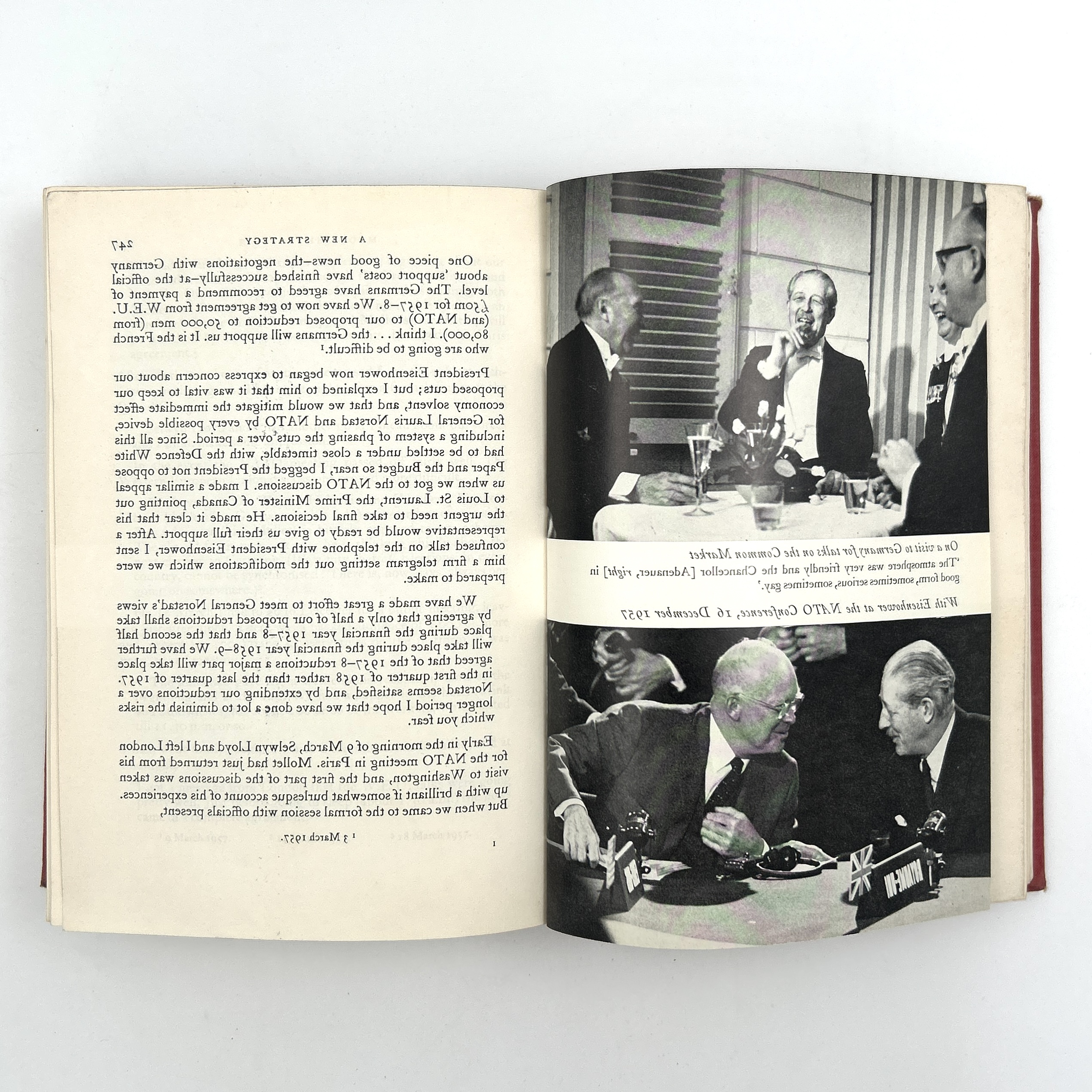
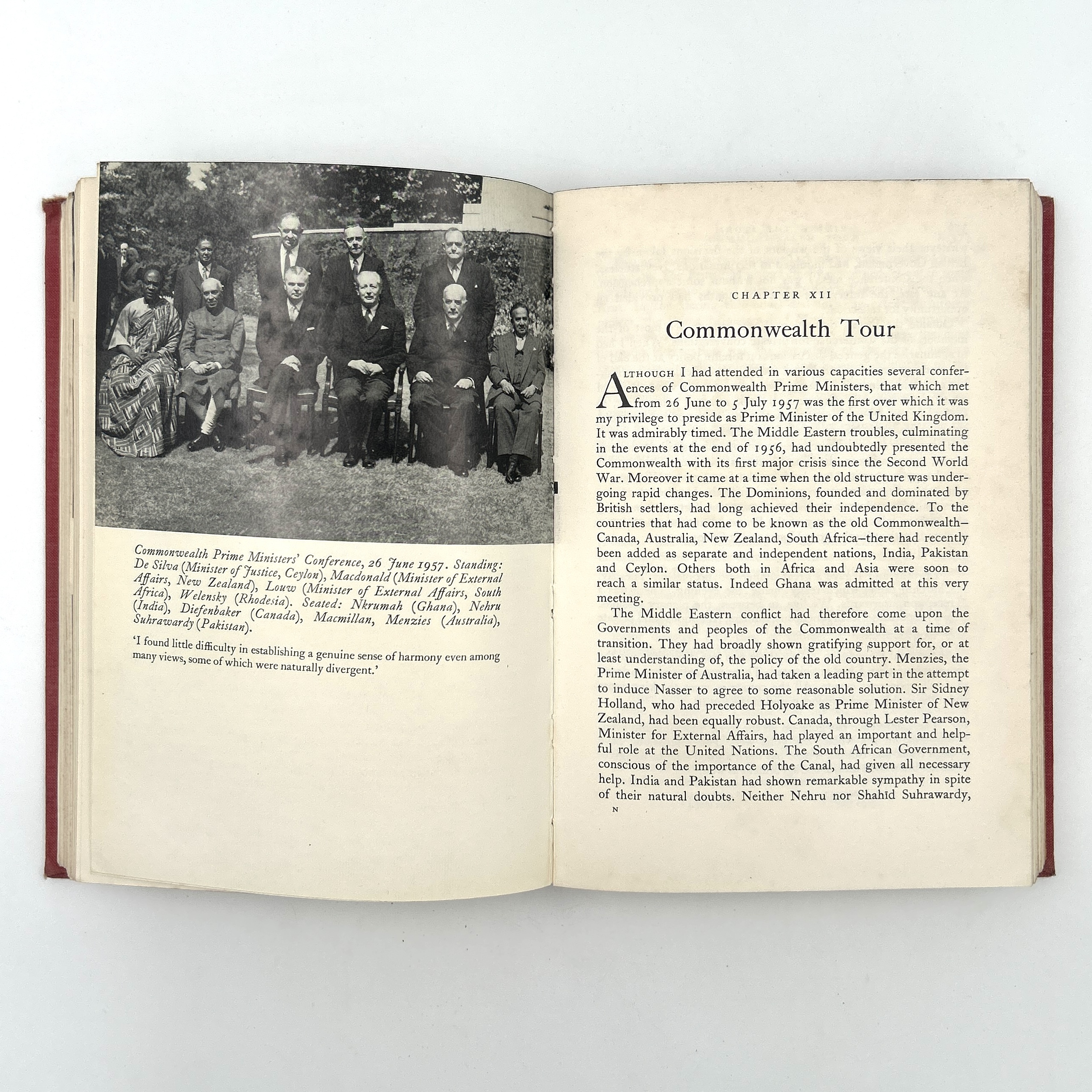
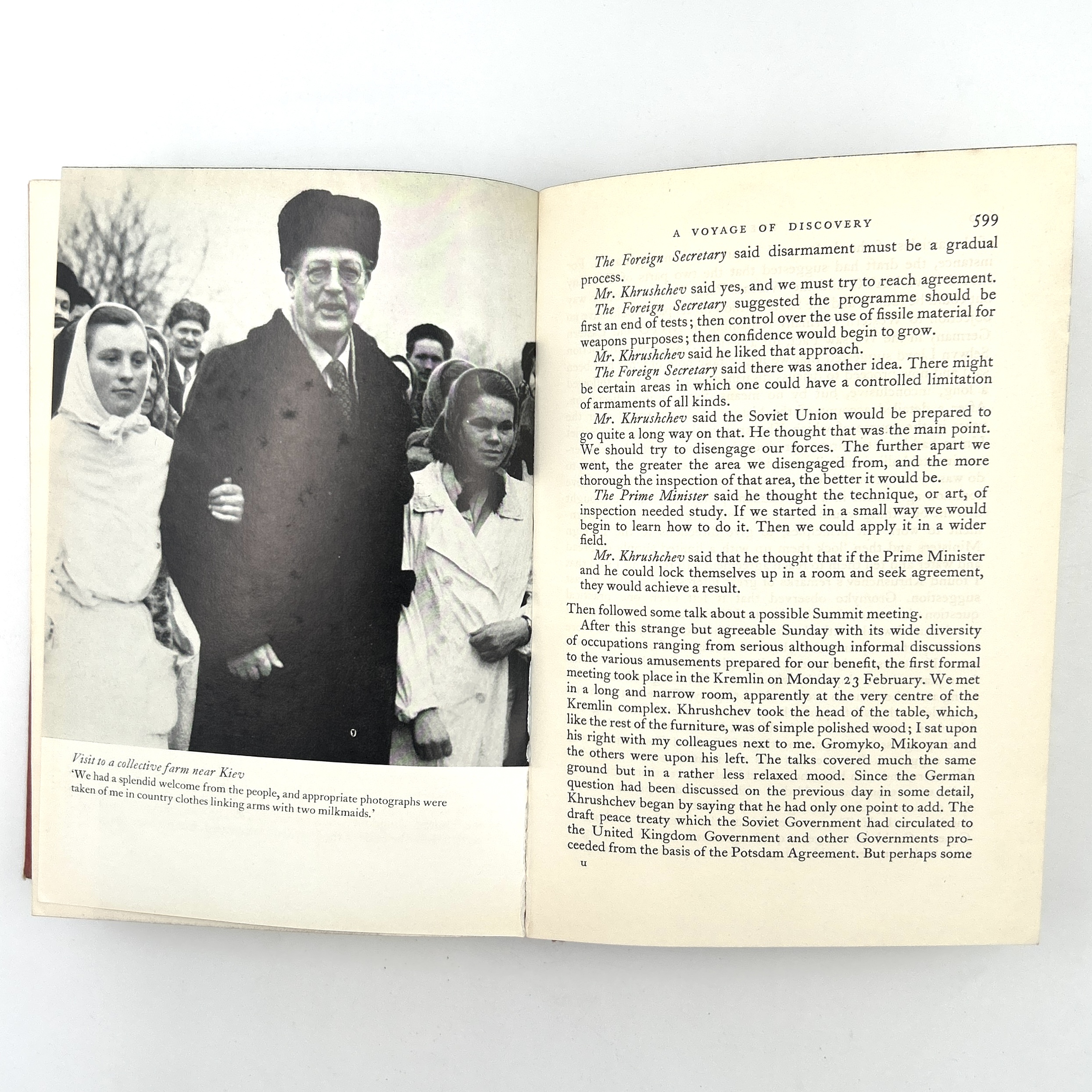
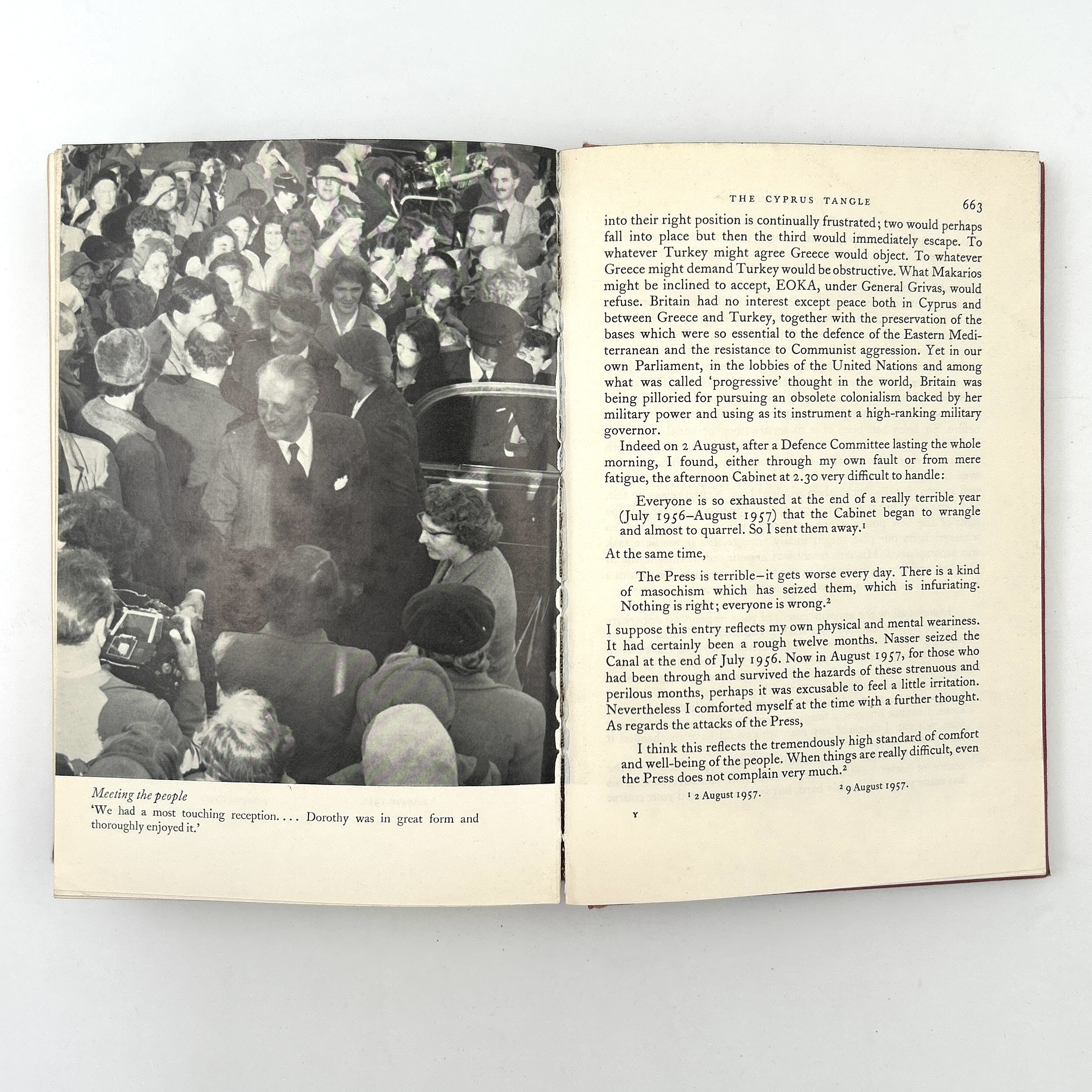


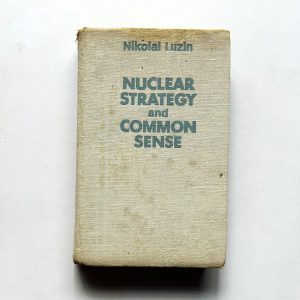
Reviews
There are no reviews yet.